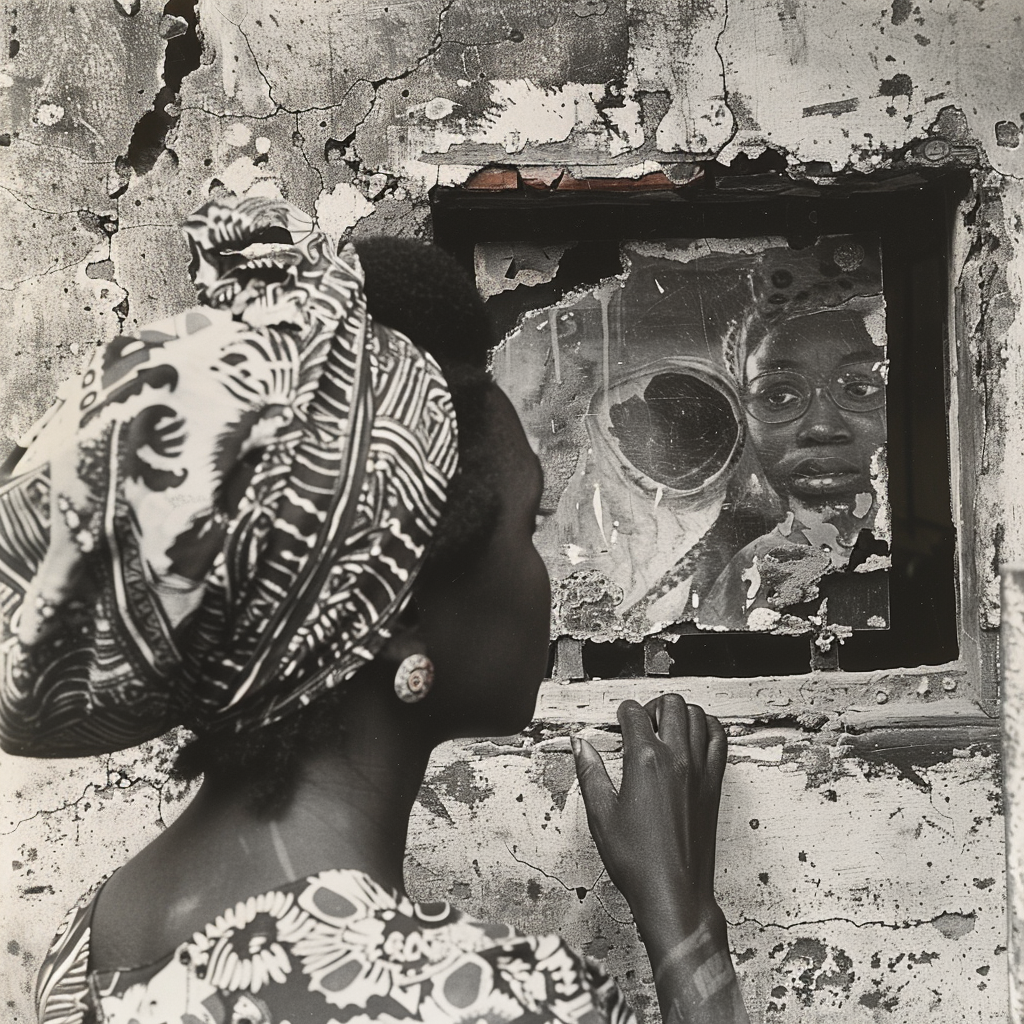In the wake of independence movements across Africa, a new chapter in African historiography unfolded. Postcolonial African historians embarked on a journey to reinterpret colonial legacies, reclaim indigenous histories, and construct alternative narratives of African pasts. Let’s delve into the emergence of postcolonial African historiography and explore how African historians have reshaped our understanding of Africa’s complex and diverse history.
Breaking the Chains of Colonial Interpretation
Postcolonial African historiography emerged as a response to the distortions and biases inherent in colonial interpretations of African history. Colonial historians often portrayed Africa as a continent devoid of history, civilization, and agency, perpetuating stereotypes and justifying colonial domination. In the aftermath of independence, African historians sought to break free from these colonial frameworks and reclaim the narratives of Africa’s past.
Reinterpreting Colonial Legacies
Central to postcolonial African historiography is the reinterpretation of colonial legacies and their impact on African societies. Historians critically examine the lasting effects of colonial rule on African economies, politics, cultures, and identities. They challenge the notion of Africa as a passive recipient of colonialism and highlight the ways in which African peoples resisted, adapted to, and negotiated colonial domination. By reinterpreting colonial legacies, African historians seek to uncover the complexities of Africa’s historical experience and reclaim agency over their own narratives.
Reclaiming Indigenous Histories
Postcolonial African historiography also involves reclaiming indigenous histories that were marginalized or erased under colonial rule. African historians draw on indigenous sources, oral traditions, and archaeological evidence to reconstruct the histories of pre-colonial African societies. They celebrate the achievements of African civilizations such as Great Zimbabwe, the Mali Empire, and the Kingdom of Aksum, challenging the notion of Africa as a “dark continent” devoid of civilization. By reclaiming indigenous histories, African historians affirm the richness and diversity of Africa’s cultural heritage.
Constructing Alternative Narratives
In constructing alternative narratives of African pasts, postcolonial African historians offer new perspectives and interpretations that challenge dominant paradigms. They explore themes such as resistance, identity, and globalization, examining how these dynamics have shaped African societies over time. Alternative narratives highlight the agency and resilience of African peoples in the face of adversity, offering a more nuanced and inclusive understanding of Africa’s past.
Toward a More Inclusive Historiography
In conclusion, postcolonial African historiography represents a vital effort to reinterpret colonial legacies, reclaim indigenous histories, and construct alternative narratives of African pasts. By challenging colonial interpretations and centering African perspectives, historians are reshaping our understanding of Africa’s complex and diverse history. In doing so, they are contributing to a more inclusive and equitable historiography that honors the voices and experiences of all African peoples.
Related Articles
- Global Perspectives in African Historiography: Tracing Interconnected Histories
- Conflict and Peace in African Historiography: Unraveling the Threads of History
- Digital Histories of Africa: Navigating the Technological Terrain
- Postcolonial African Historiography: Reclaiming Narratives, Rewriting Histories
- Gender Perspectives in African Historiography: Unveiling Hidden Narratives
- Oral History and Memory in African Historiography: Preserving Voices of the Past
- Decolonizing African Historiography: Embracing Indigenous Narratives and Perspectives
- Colonial Perspectives in African Historiography: Unveiling the Shadows of the Past
- The Evolution of African Historiography: Unraveling the Threads of Time



